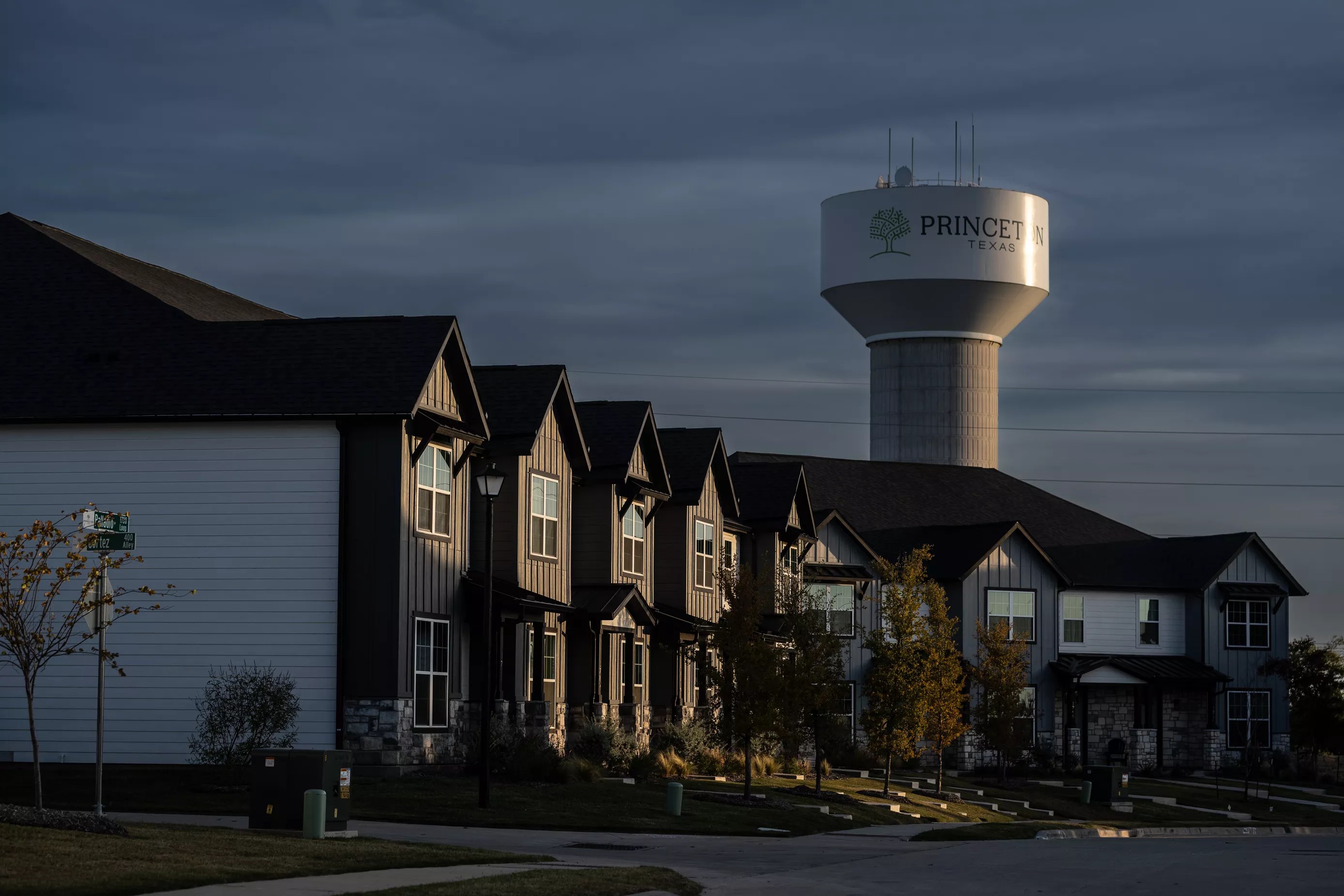
Mike Brooks

Audio By Carbonatix
New leadership is headed for the horseshoe in Princeton, Texas, where a runoff election – which yielded dismal voter turnout numbers – ousted incumbent mayor Brianna Chacón. Challenger Eugene Escobar Jr. won the seat with 643 votes to Chacón’s 509, Collin County election data shows.
In an interview with The Dallas Morning News following Saturday’s election, Escobar described himself as “a resident that cared about the city” who wants to work to address Princeton’s recent growing pains.
Escobar was one of four challengers running against Chacón, who received 41% of the vote in the November election. Because a majority of the vote is required to win the seat, a runoff was held on Saturday.
Chacón has grappled with Princeton’s fast-growing population as mayor. As the Observer reported earlier this fall, the Collin County town is now the third-fastest-growing municipality in the entire country. In an interview with the Texas Standard, Chacón said “no one was ready” for the strain that a 64% population growth between 2020 and 2023 would cause.
Princeton residents and officials blame the town’s sudden growth for unnavigable, congested streets, an understaffed police force, a scrambling school district and a trickling water supply – all issues that Chacón had been charged with dealing with as mayor.
The Princeton City Council unanimously approved a 120-day moratorium on residential property permits in September. The moratorium was an attempt to give the city some breathing room to address those issues, leaders said. Chacón said that the moratorium, which expires in January, could be extended if needed.
“We didn’t make it this time,” Chacón posted to social media after the election results were posted. “I have enjoyed the last 4 years with you all. This wasn’t what I expected, but God is so good in all things.”
A New Vision for Princeton
Escobar is one of three new council members who unseated incumbents – a major shakeup for a town governed by eight officials in all.
In the November election, Terrance Johnson defeated incumbent David Kleiber, and Christina Todd took the seat held by Marlo Obera. Each of the three newly elected officials – Escobar, Johnson and Todd – ran on promises to better manage Princeton’s development.
On social media, Todd announced her candidacy by advocating for more “integrity and accountability” in Princeton’s city government. In an interview with the Observer shortly after being elected, Johnson said that the ordinance pausing residential development in town would “send the wrong message” to much needed commercial developers.
“Does [the moratorium] say that we’re not prepared or we don’t welcome [development]? That the type of work that they’ll need to make their industry successful, are we putting a stop on that?” Johnson said. “I was worried about the messaging more than putting a pause on the housing.”
He added that encouraging the commercial development of another grocery store – the town currently has only one – and leisure improvements like new restaurants and a movie theater is a priority for him. More commercial development would help reduce Princeton’s traffic, contribute to the town’s economy and improve the quality of life of residents, Johnson said.
His vision for Princeton’s trajectory seems aligned with that of Escobar, who wants to turn Princeton into a North Texas destination, KERA reports.
“We’re trying to figure out what we can do to make Princeton a place where people want to live long term,” he said. “We have a lot of issues right now … But we’re still young. We still have a lot of space to grow.”